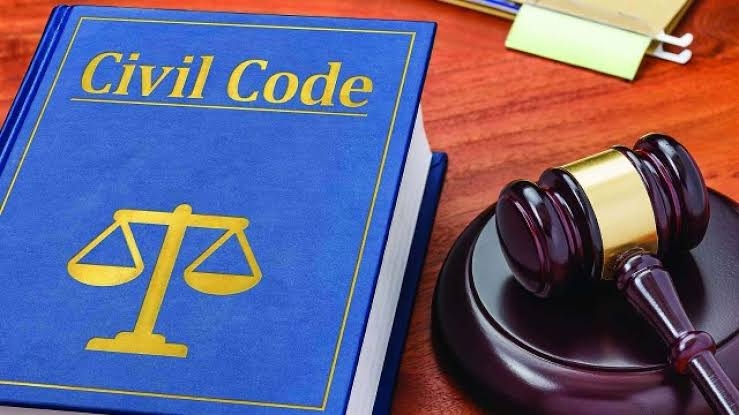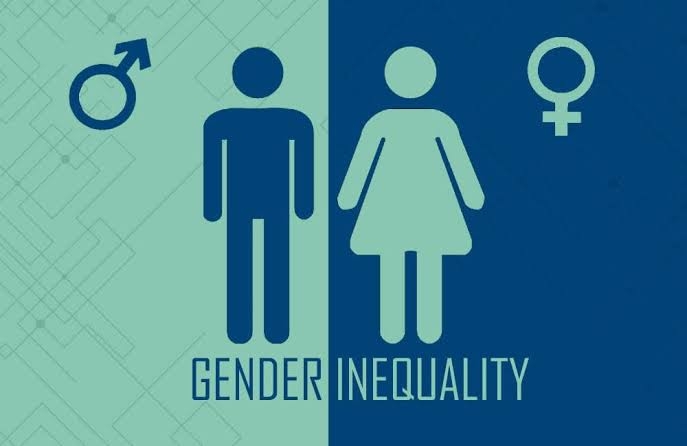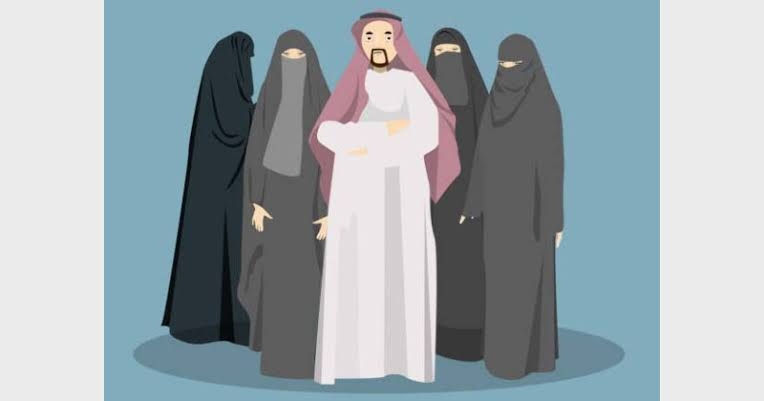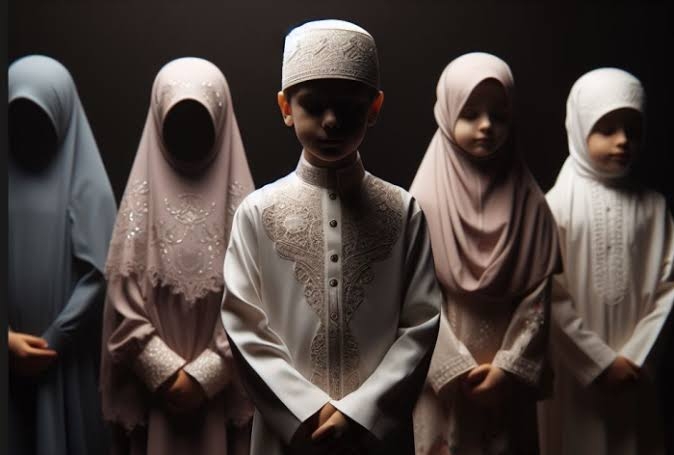What will happen after the Uniform Civil Code ?
UCC seeks to unify these personal laws and create a standardized code applicable to all citizens regardless of their religious affiliations. And the social disparity created by such personal laws can be traced down from the rights granted by different religions to their followers.

India is a ‘secular’ nation which means a separation between religion and state matters. As witnessed , ‘secularism’ in India is defined as equality of all religions and practitioners of all religions before the law. UCC is meant to bring equality and end the discrimination and atrocities faced by the people of a particular religion.
Currently, India follows a pluralistic legal system where different religious communities have their own distinct personal laws with a mix of different civil codes, and as a result citizens are treated differently by law and by courts based on their religion.
UCC seeks to unify these personal laws and create a standardized code applicable to all citizens regardless of their religious affiliations. And the social disparity created by such personal laws can be traced down from the rights granted by different religions to their followers.
For an instance, Hindu women are far more progressive (and constitutional, by virtue of being gender-neutral and secular) than those of Muslim women, who are governed by Muslim Personal Law,(based on Sharia law).
And not just this, the Mohd. Ahmed Khan v. Shah Bano Begum case has necessitated the need for UCC in India— UCC is based on the rights and security of ‘equality’, setting aside the sensationalism of religious conservatives.
Gender Inequality
One of the primary objectives of the UCC is to eliminate gender-based discrimination prevalent in various personal laws. Under the existing system, different religious communities have distinct laws governing marriage, divorce, inheritance, and property rights.

Often, these laws treat women unequally, depriving them of equal rights and opportunities. The UCC seeks to provide equal legal status and rights to women, ensuring gender equality in all aspects of civil law.
Polygamy
The UCC aims to put an end to the practice of polygamy, which is allowed in some personal laws of certain religious communities.

Polygamy, wherein a man can have multiple wives, inherently treats women as unequal and perpetuates patriarchal norms. By prohibiting polygamy, the UCC intends to promote monogamous marriages and ensure equal treatment for both spouses.
Child Marriage
Some personal laws in India have provisions that allow for child marriages. These marriages, often forced upon minors, result in significant negative consequences for the health, education, and overall well-being of young girls. 
The UCC seeks to establish a minimum age for marriage, consistent with modern principles of child protection and human rights.
Inheritance Rights
In many personal laws, inheritance rights for women are limited or discriminatory. The UCC endeavors to grant equal inheritance rights to daughters and sons, ensuring fair distribution of property and assets within families.
Divorce Rights
Divorce procedures in personal laws can often be complex and biased, making it challenging for women to seek divorce or obtain fair settlements.
The UCC aims to streamline the divorce process, making it more accessible and equitable for both the individuals.
Reducing Religious Polarization
Vote bank politics often leads to religious polarization, where communities are pitted against each other for electoral advantages.
The implementation of the UCC can serve as a unifying force, reducing the emphasis on communal identities and encouraging citizens to view themselves as part of a broader national identity rather than a fragmented collection of religious groups.
The enactment of UCC will mark a significant milestone in the journey of Bharata towards a more equitable and just society , it not only aims to unify personal laws but also will strengthen individual rights.

